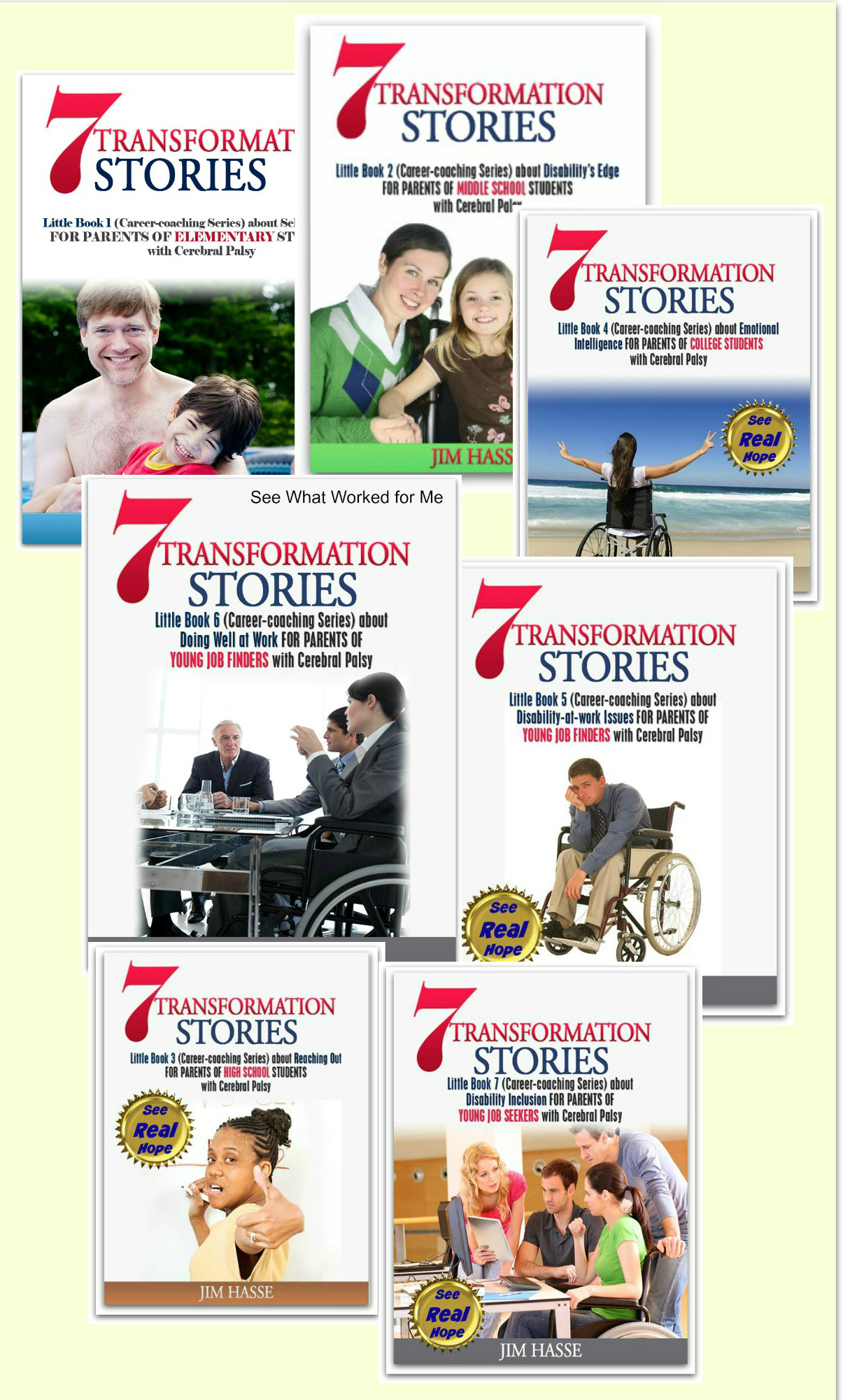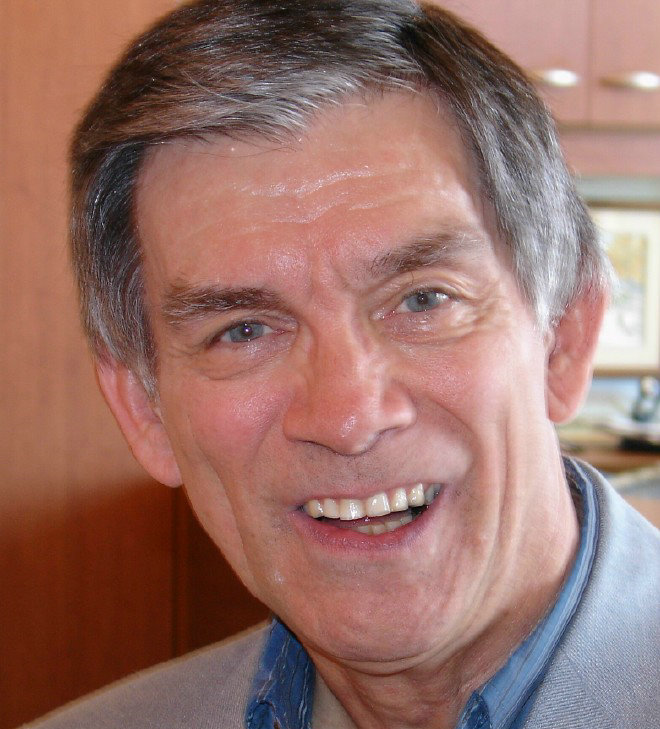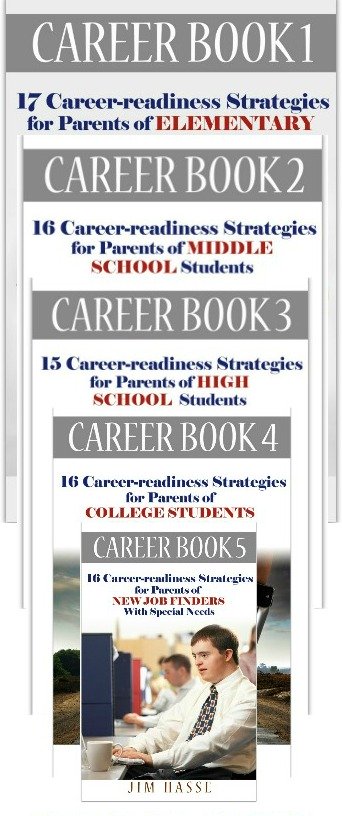Self Discipline: Cerebral
Palsy Career Builder for Middle School Students
By Jim Hasse, ABC, GCDF, Disability Employment Expert
_________________________________________________________
Self discipline can easily be construed as over-achievement -- especially if you’re a vice president who happens to have cerebral palsy (CP).
It was 1985 (five years before the ADA), and the business editor for The Milwaukee Journal had just interviewed me in my office, as vice president for corporate communication, about what it was like to be in business communications and have a significant disability (an unusual situation, to say the least).
At the editor’s suggestion, I was also able to arrange a separate interview for him with my boss, CEO of the company. I assumed they were going to talk about dairy exports.
To my surprise, when the article came out on the Journal’s business page a couple of days later, the profile quoted my boss as saying I was an “over-achiever.”
I didn’t know what that meant then and still consider it a remarkable description that needed context which all three of us couldn’t probably provide then.
Let me try to do that now, nearly three decades later. Over-achievement was not the reason for my presumed success. It was self discipline.
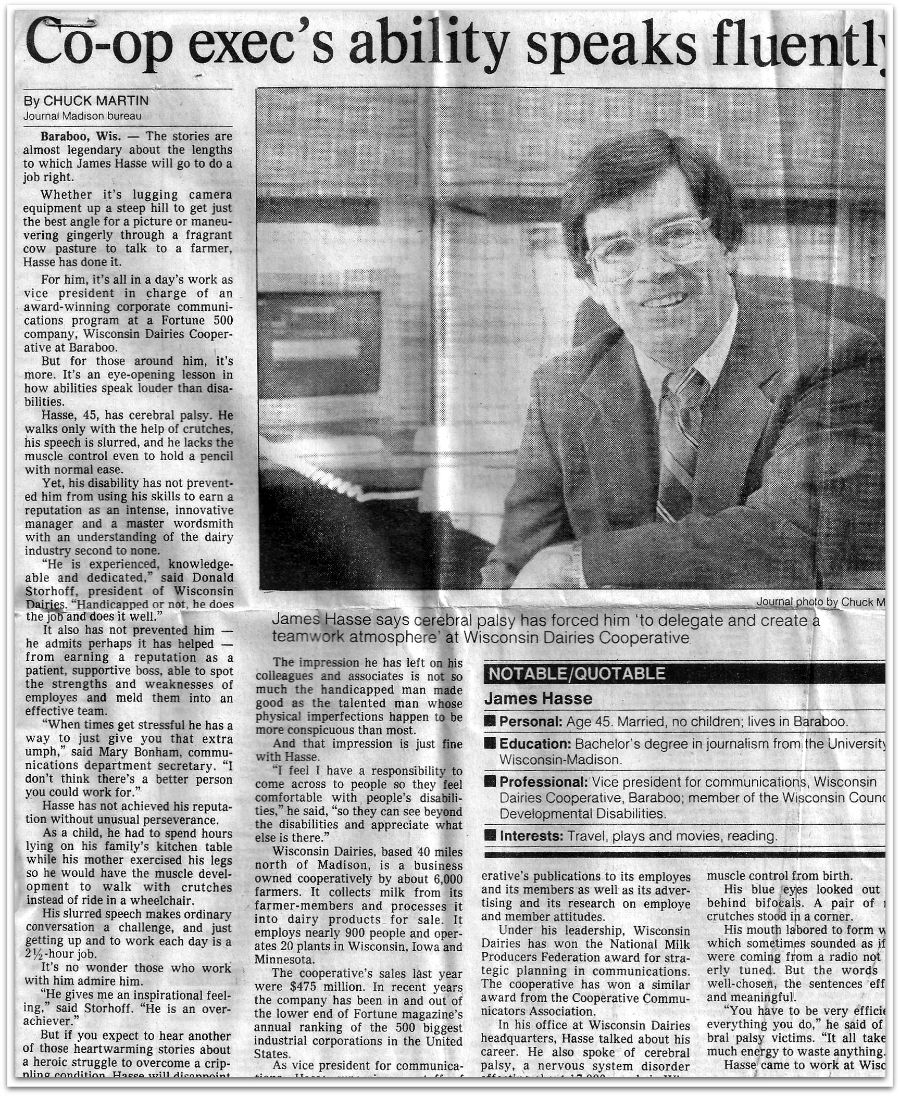 1985 Milwaukee Journal article about Jim Hasse.
1985 Milwaukee Journal article about Jim Hasse.Here’s my “back story”
Doctors call me “high
functioning,” but I’ve had CP since birth, which means I walk and
talk with quite some difficulty – which was on the edge of “employability” back
in 1965 when I first started working for Wisconsin Dairies. Wisconsin Dairies
was the predecessor to what would become today’s Foremost Farms USA, a $1
billion business which ranked in the Fortune 500 during the early 1990s.
I started working, through the recommendation of my
uncle, as a newsletter editor for Wisconsin Dairies when it had $30 million in
annual sales, but it grew rapidly through merger and consolidation, and my
career grew with it.
What was the key to my success? Focused practice based on self discipline.
Geoff Colvin sums up the power of deliberate practice
with a purpose in his book, "Talent Is Overrated: What Really Separates
World-Class Performers from Everybody Else." He
writes:
"...The most important effect of practice in great performers is that it takes them beyond -- or, more precisely, around -- the limitations most of us think of as critical."
He pinpoints exactly why it makes good business sense
to hire people with disabilities who have developed the motivation to work hard
at precisely the things they need to improve so they can contribute to a
company’s bottom line.
Colvin cites research that indicates what we think of
as “innate talent” is more accurately termed “long-term, sustained practice at
what really counts” driven by a passion to reach a goal. In other words, self discipline.
My goal, from about sixth grade, has always been to
be able to live an independent life. Even at age 12, I knew I could not expect
to have a home and a family of my own without an education and a job.
I knew what the potential alternative was: living in
a state institution after my parents died and my siblings had families of their
own. Remember, this was the 1950s, and even my uncles openly discussed
institutionalization as a fallback possibility for me someday.
I gradually learned how to turn my childhood shyness
and fear into a positive motivation and self discipline to live well with my disability. I took one
step at a time. For example, I learned how to:
- Live
with a series of four house parents during my grade school years so I
could attend an orthopedic school 60 miles from my home farm. I would take
the Greyhound bus to the school Monday mornings, stay with my house
parents and then return home Friday afternoon.
- Use
a typewriter (yes, before PCs) during grade school and use shorthand
during high school so I could keep up with assignments.
- Use
the farm tractor lanes in the fields of our home farm to learn how to
increase my walking speed with crutches so I could navigate the hilly
campus at the University of Wisconsin in Madison.
- Become
the photographer for the in-house publications at Wisconsin Dairies by
using the camera’s tripod as a substitute for one of my crutches.
- Obtain
business, finance, management, strategic planning, human resources and
organizational development training to supplement my skills in journalism,
public relations and advertising so I could become a more valuable member
of senior management.
- Build a team of five professionals and delegate authority so others on my staff could gain a sense of fulfillment and carry out functions that I could not do as well due to my CP.
Each of the above anecdotes show I had the motivation to work around obstacles through focused practice.
So, when I look back on my career now that I'm 73 and retired, there's no mystery about why I achieved my dream. I simply worked diligently to refine the skills I thought I needed at the time to help myself and others to do a good job.
I know people with all kinds of disabilities who have that same motivation and diligence. After all, there are many “over-achievers” with and without disabilities in this world. But, those attributes may not be as evident (or close to the surface) in individuals without a disability.
What incident can you cite
that illustrates
your youngster’s self-discipline?
Join PACER’s Facebook
discussion.
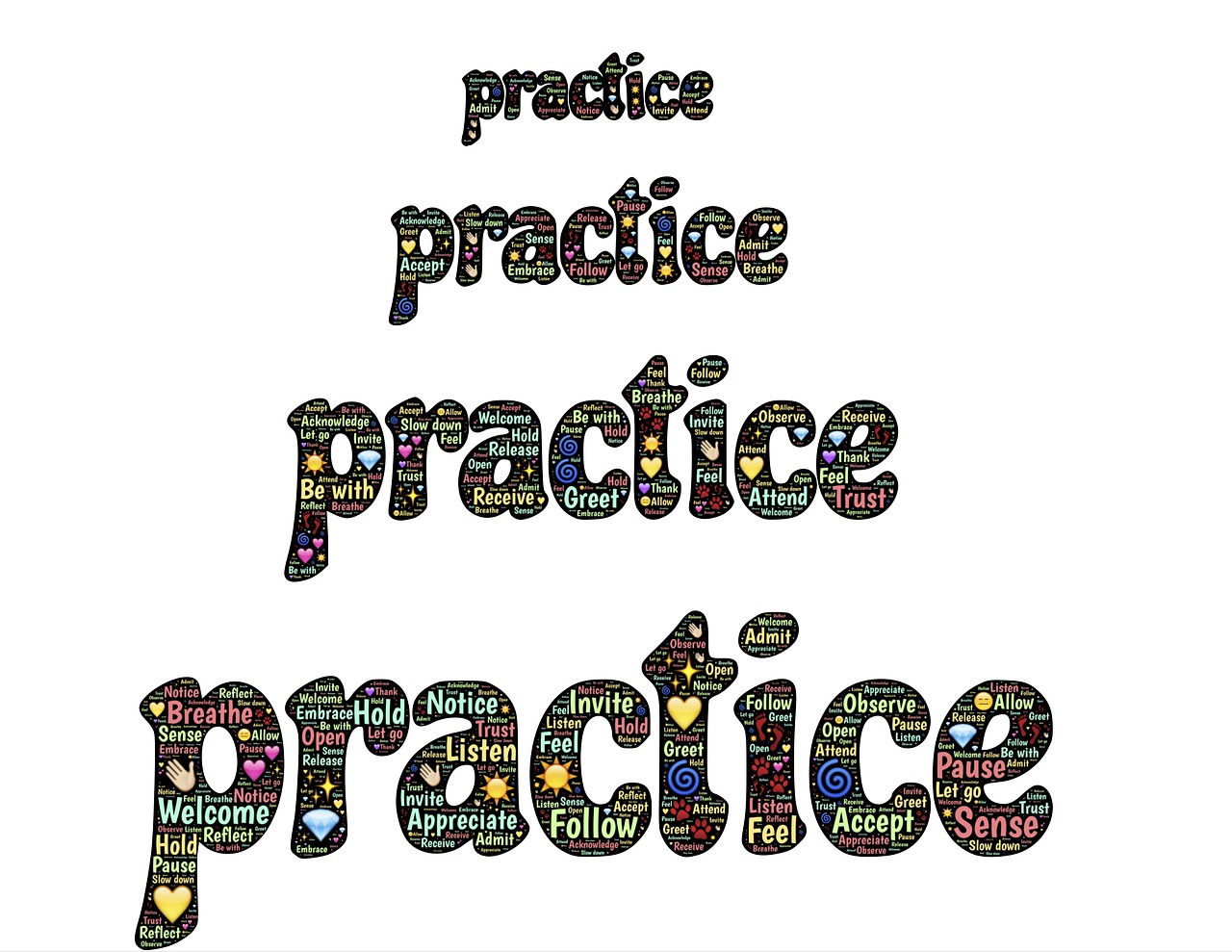
The competitive edge
When the time comes to making the transition from school to work, your youngster's introduction to self discipline can eventually become a competitive edge over other job candidates who happen to not have a disability.
At that
point, your young person needs to develop a job marketing campaign based on
personal success stories which are based on examples of focused practice.
Such success stories, which can eventually be used in job interviews when appropriate, need to be short and succinct and honed for maximum impact on hiring managers.
Take a look at the six bullet points I listed earlier in this
article. Each of those is a success story. I could select the most appropriate
one and use it as a conversation starter with a hiring manager -- creating
interest in what makes me a standout candidate for the job at hand.
Your youngster’s success stories need to answer at least one of these questions
that will probably be in the minds of interviewers he or she may have 10 years
from now:
- What motivates you?
- How have you learned to practice with a purpose?
- Can you apply that same orientation to a work team, making it a little bit stronger and a little bit more resilient?
Help your middle school youngster develop self discipline now for doing long-term, sustained practice at what really counts in his or her development.
I recommend you both
keep a simple diary or journal of personal thoughts about both “up” and “down”
days -- material your future job seeker can eventually tap for an effective job
marketing campaign.
What incident can you cite
that illustrates
your youngster’s self-discipline?
Join PACER’s Facebook
discussion.
Return from Self Discipline to Career Test.
Go to Cerebral Palsy Career Builders
By Jim Hasse, ABC, GCDF, Disability Employment Expert
_________________________________________________________
This is Creative Commons content. You can freely and legally use, share and repurpose it for non-commercial purposes only, provided you attach this sentence and the following attribution to it (including the two links):
Originally written and illustrated by Jim Hasse, ABC, GCDF, owner of Hasse Communication Counseling, LLC, who, as a person with cerebral palsy, served for 10 years as a vice president in a Fortune 500 company during his 29-year career in corporate communication. He’s an Accredited Business Communicator, certified as a Global Career Development Facilitator and author of 14 Amazon books about disability awareness and disability employment issues.
